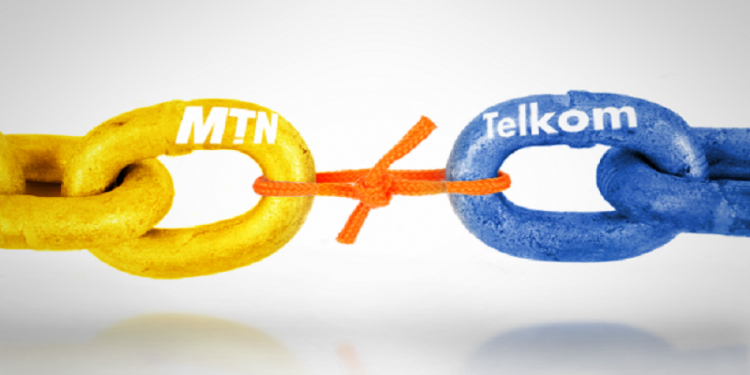Covid-19 Spectrum: MTN and Telkom sue regulator in South Africa
MTN South Africa has joined a lawsuit in a Pretoria high court seeking to stop communications regulator in that country, Icasa, from taking back temporary spectrum given to selected telcos during the peak of Covid-19.
The regulator plans to take back the temporary spectrum at the end of November, but Telkom South Africa was the first to take legal action over the issue last week.
Telkom took Icasa to court to stop the planned withdrawal of the spectrum, which was issued due to the Covid-19 pandemic, saying the move would disrupt the provision of services and harm consumers.
Covid-19 triggered an exponential increase in data demand/consumption due to heighted digital activity for two reasons – lockdown and the need for safety.
As a result, industry regulators saw the need to release some free spectrum on temporary basis, to selected leading telcos to enable them carry the additional traffic, while ensuring good quality service.
A similar gesture was extended to MTN and Vodafone in Ghana, and they still have the free spectrum available to them, even though there were recent hints that the regulator plans to take them back soon.
MTN South Africa’s lawsuit comes two days after the regulator announced it would fight Telkom in court over the spectrum withdrawal decision.
Icasa originally made the spectrum available on an emergency basis in April 2020 to interested licensed operators. It extended the allocation of the temporary spectrum on several occasions.
However, it said on 31 August that it intended to withdraw the spectrum on 30 November 2021 as it was never meant to be licensed in perpetuity.
Read: Nigeria’s inflation rate drops again to 16.63% in September 2021
The regulator said it was worried that extending the granting of the spectrum indefinitely would distort the market and was unfair to licensees that chose not to apply for it back in 2020.
It also suggested it was no longer needed as many people had returned to their offices and were therefore no longer placing extra demands on mobile networks.
But in their founding affidavit to the high court, Telkom noted that the need for the temporary spectrum still persist because the demand for data is still increasing as digital activity has become the new normal.
Businesses continue with their working from home strategy, so lots of business meetings, both local and international are being held on digital platform, whole conferences are still being held on virtual platforms and loads of business transactions have moved online.
The situation in not different in Ghana, as the CEO of the Ghana Chamber of Telecoms, Ing. Dr. Ken Ashigbey would recently report that data demand has increased exponentially and telcos continue to invest heavily to increase capacity to meet the demand.
Telkom therefore insists that if the regulator goes ahead with the plans to withdraw the temporary spectrum, “it will have a significantly prejudicial effect on mobile operators, the greater public and the functioning of the national economy.”
Indeed, in Ghana, the Telecoms Chamber have expressed similar sentiments about the need for the temporary spectrum to remain in the hands of the two leading telcos, because withdrawing them will impact negatively on a lot of things.








